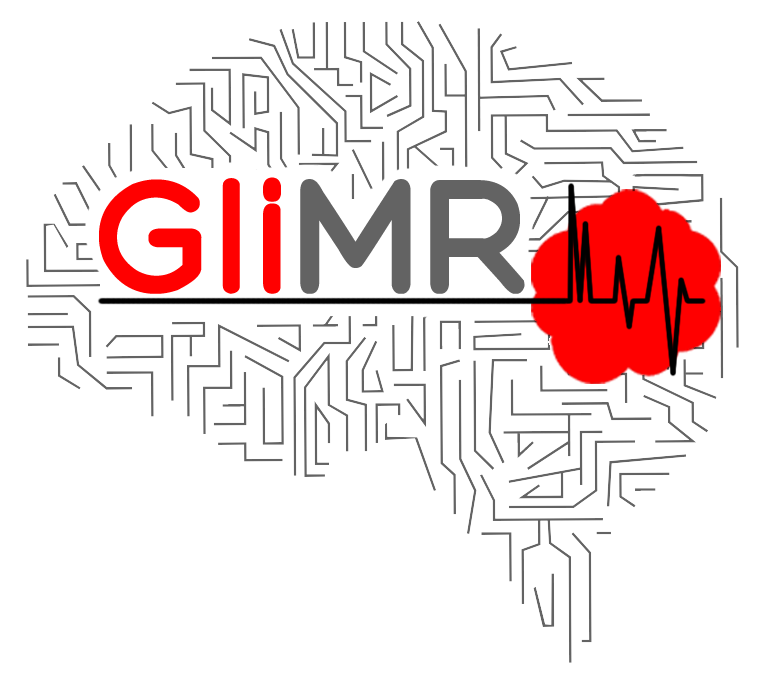Working Group 3 is proud to announce the publication of its systematic review on the use of advanced MR imaging to evaluate cancer therapy side effects in non-targeted brain regions. This review is published in the 2021 Special Issue of Magnetic Resonance Materials in Physics, Biology, and Medicine (MAGMA) and can be downloaded here.
The negative effects of cancer therapy on cognition and quality of life have been well known for a long time. However, their impact on the brain is not yet fully understood. Only for the last decade, the first structural imaging results allowed us to understand the true extent of oncotherapeutic brain damage. In addition, advanced MRI methods exist, which may provide further information on the impact of radio- and chemotherapy on physiological and metabolic properties of the brain before irreversible structural changes occur. These methods might thus be valuable for the early evaluation of cancer therapy.
However, such advanced and often more intricate MRI techniques are currently only used in research settings. To support the broader use of advanced MRI for therapy evaluation of adverse events, GliMR’s WG 3 systematically reviewed the utility of advanced MRI for therapy effect detection on the brain. This review, written by researchers and clinicians from ten countries, provides information about the usefulness of more than sixteen MR techniques. Besides a summary of findings regarding methodological soundness and caveats for each technique, it highlights the most relevant MR methods and provides guidance for further research.
With this review, GliMR hopes to encourage and guide less experienced users in selecting and designing future experiments for cancer therapy monitoring using metabolic and physiological imaging.

